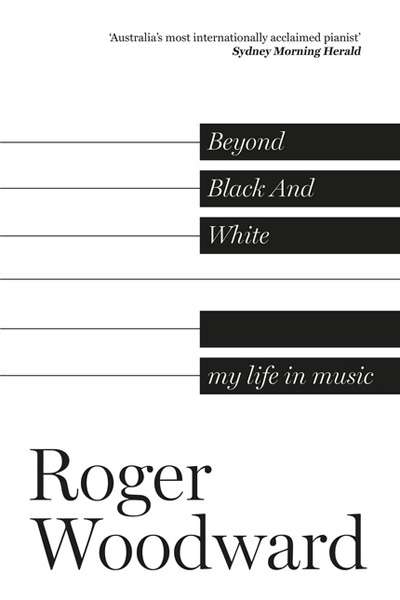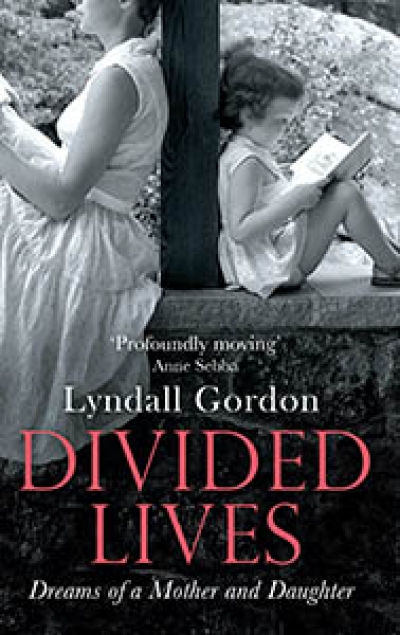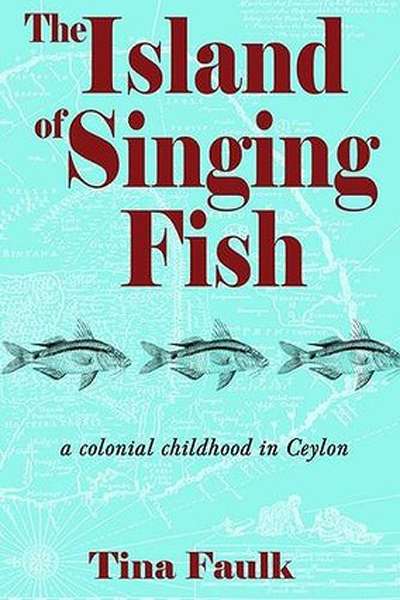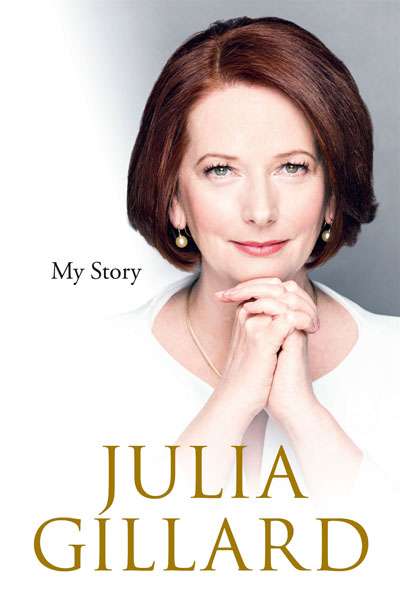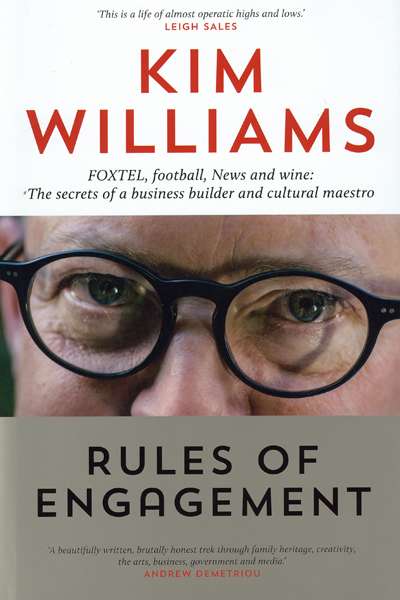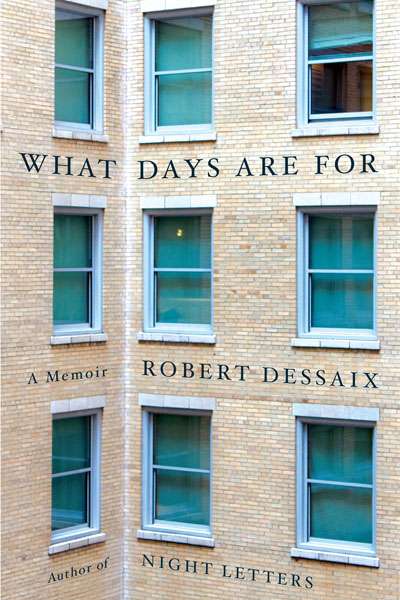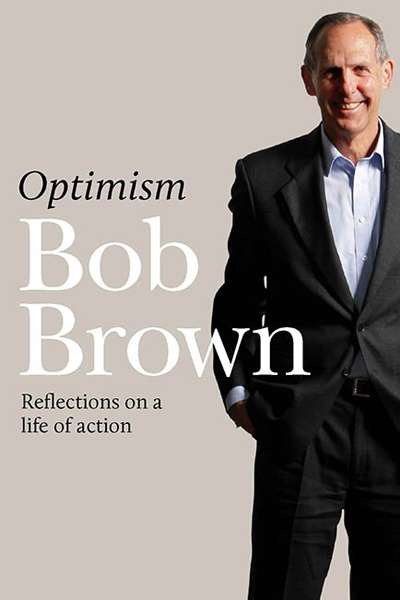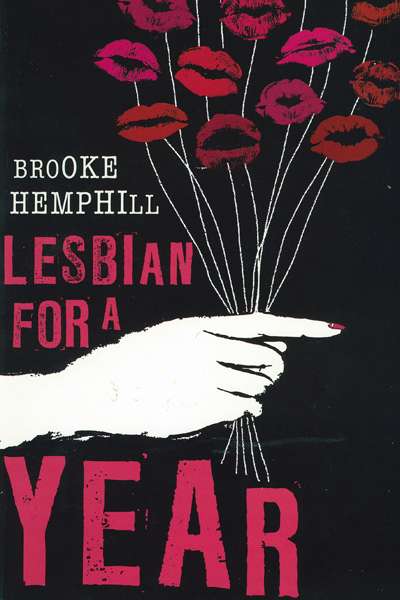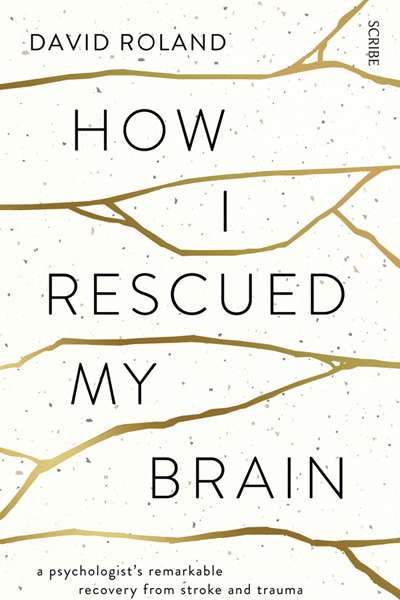Memoir
The Island of Singing Fish: A colonial childhood in Ceylon by Tina Faulk
by Claudia Hyles •
I am a ‘Sputnik’, born in the year the Soviet satellite launched the Cold War into space. The launching by the Russians of the first artificial Earth satellite on 4 October 1957 seemed to many in the West a threatening symbol of escalating superpower rivalry. And it did unleash extreme military anxiety and triggered what became known as the Space Race. Twelve years later, in the mid-winter of 1969, I remember waking up just before midnight to watch on television as a Saturn V US rocket, wreathed in smoke and flame, inched its way off the ground at Cape Canaveral. It powered mightily against the pull of gravity and triumphed. It was beginning its journey out of Earth’s atmosphere towards the Moon.
... (read more)
